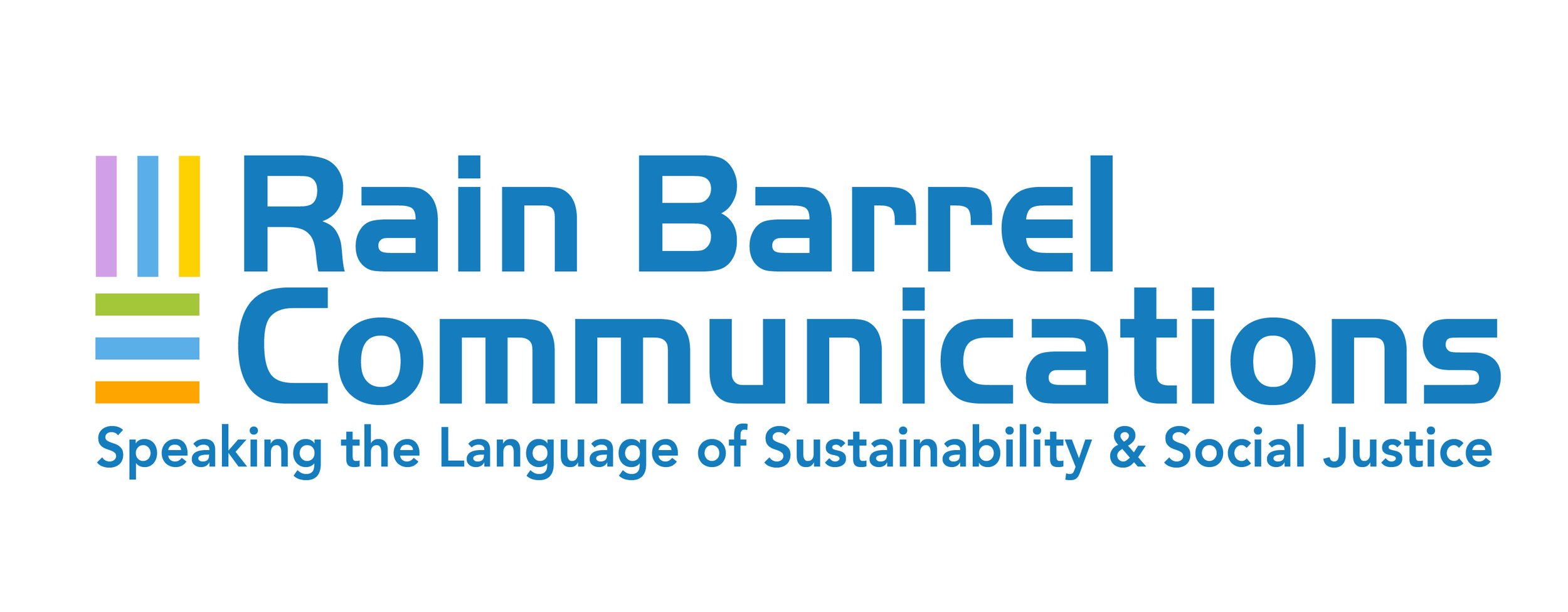Project Manager Paula Claycomb Reflects on Pakistan Consultancy
Two devastating events took place during the eight weeks I spent recently in Pakistan. The first was the 16 December 2014 attacks by a group of seven Taliban on a school in Peshawar, killing more than 130 children and teachers. I stood in the office with Pakistani colleagues, watching the horror unfold on our computers and sobbing in disbelief as the number of dead and injured grew higher by the hour. Hardly one month later and still numb from the wanton brutality in Peshawar, we huddled in disbelief again, as two extremists killed 17 people at the Charlie Hebdo offices in Paris.
Now home in northern New Mexico, I readily admit that I was relieved to touch ground in Dallas-Fort Worth. I am also rationalizing to myself that what I was doing in Pakistan, where I worked as a consultant to UNICEF on the development of a national communication strategy for routine immunization, was worthwhile and provided a bit of added value to a fragile and fractured country.
In the midst of the instability and trauma that is part of daily life in much of Pakistan, an enormously complex shift is underway. Decentralization of authority from the federal government to provincial governments began to take effect in 2012 after a Constitutional amendment was passed by Parliament amidst calls for democratization from inside and outside the country.
Almost three years later, governments at all levels are still coming to grips with the meaning and consequences of “devolution” as it is called. With respect to government immunization programmes, an already weak “expanded programme on immunization” (EPI) was further debilitated by the shifts in authority and in budgeting that were not adequately addressed in the devolution legislation.
In a country as wracked by violence and political turmoil as Pakistan, which is also one of the world’s three remaining polio “reservoirs”, how does one person make any impact in an eight-week period which includes the year-end holidays and, in this case, one major national tragedy?
I want to believe that, in addition to the research and analysis I left behind, I managed to generate a small sense of possibility in federal and provincial governments and in UNICEF that the ambitious 2018 immunization goals can be achieved under these conditions. I believe the reduction of measles cases, eradication of polio and elimination of neonatal tetanus are doable. But there are many complex, intertwined factors that I now view with greater skepticism from a distance.
For me, the major question facing the hard-pressed staff at the Ministry of Health and its partners – and for virtually all sectors of this stressed and fractious society – is whether the human and institutional impulse to focus on narrow, immediate concerns (which include survival in some cases) can be overcome to cooperate fully in working for the broader good. In this case, can the “polio people” and the “routine immunization people” sit down together for the many hours it will require and come up with a mutually agreed plan for the strengthening of routine immunization? I have no doubt, however, that negotiating a sharing of resources and agreeing on a community-based approach to immunization will be as complicated as anything our world’s top leaders face.
